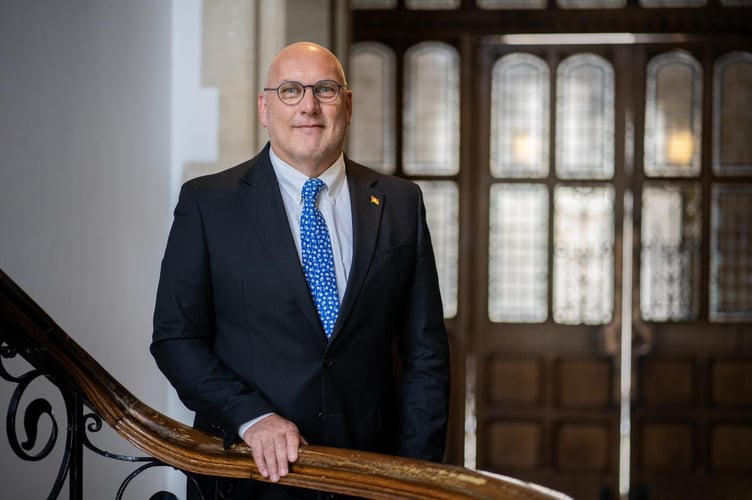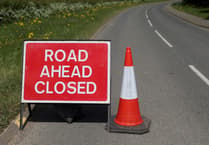Hampshire County Council’s budget deficit for 2026/27 has risen to £143 million, but the authority is not at risk of issuing a Section 114 notice, the leader has said.
Council forecasts had previously put the gap at £136 million, but rising inflation, increased employer National Insurance contributions, and a reduction in funding linked to the Government’s Fair Funding Review have pushed the figure up by a further £7 million.
Despite the growing shortfall, council leader Nick Adams-King said Hampshire is in no danger of issuing a Section 114 notice – effectively declaring bankruptcy – this year or the following one, when the anticipated budget gap is expected to reach £230 million.
“In previous years, we’ve talked about being in Section 114 territory, but we are not talking about that for either this year or next year, as a consequence of the reserves that we have,” he told the LDRS ahead of a meeting on November 11.
The council recorded an underspend of £32.4 million this year, strengthening its Budget Bridging Reserve (BBR) the council’s piggy bank which is projected to stand at £137 million by April 2026.
“We have worked incredibly hard. We’ve done some really great stuff and as a result we have an underspend already this year by way over 20 million.
“We’ve done all sort of things, simple stuff that we found we can do.”
However, the leader said that relying on reserves is not a long-term solution.
“[The Government] are looking at our reserves, but why do we have reserves and where do they come from? Those reserves are the money we’ve obtained from selling pieces of land, buildings, and from reducing our workforce. Consequently, that’s the money that goes into our reserves.”
“Those reserves should really be spent on things that add value to the people of Hampshire, not to keep us going day to day, but the Government seems to expect us to do that.”
A report due to go before the council’s cabinet on November 11 warns that using one-off funds from the BBR to close the budget gap “will not address the underlying structural deficit”, meaning the shortfall will continue to grow into 2027/28.
To address this, Hampshire County Council is in conversations with the Government regarding a potential application for Exceptional Financial Support (EFS), which would allow it to raise council tax above the national referendum limit for at least two years.
“The solution lies in higher council tax. Our council tax, as a county, is the second lowest in the country.
“If we charged the same level of council tax as Surrey, we’d have an additional 110 million a year, that would pretty much solve our problem.
“Traditionally, Hampshire’s council tax has been lower than everyone else’s, and that’s been a good thing for over 30 years. But the point is, because we’ve limited the percentage of increase, we’re always behind the curve, so the proportion of money we get is less.”
He also called for better funding from the Hampshire and Isle of Wight Integrated Care Board (HIOW ICB) to support social care and prevention services.
“HIOW ICB give us less money than any of the ICB in the country gives to their local council. If we had the average amount of NHS social care funding received by other councils in the South East, we’d have another £100 million.”
Adams-King said that even if the Government does not accept the council’s request, the people of Hampshire will still face higher council tax bills.
Mr Adams-King added that even if the Government refuses the council’s request for additional support, Hampshire residents should still expect to see their council tax bills rise.
“It would be entirely wrong of me to suggest that there’s any way people in Hampshire won’t have to pay more council tax next year, they will. It might be five per cent, or it might be more than five per cent if the limit is increased.
“If the Government takes money away from us, there’s only one way we can replace it.”





Comments
This article has no comments yet. Be the first to leave a comment.